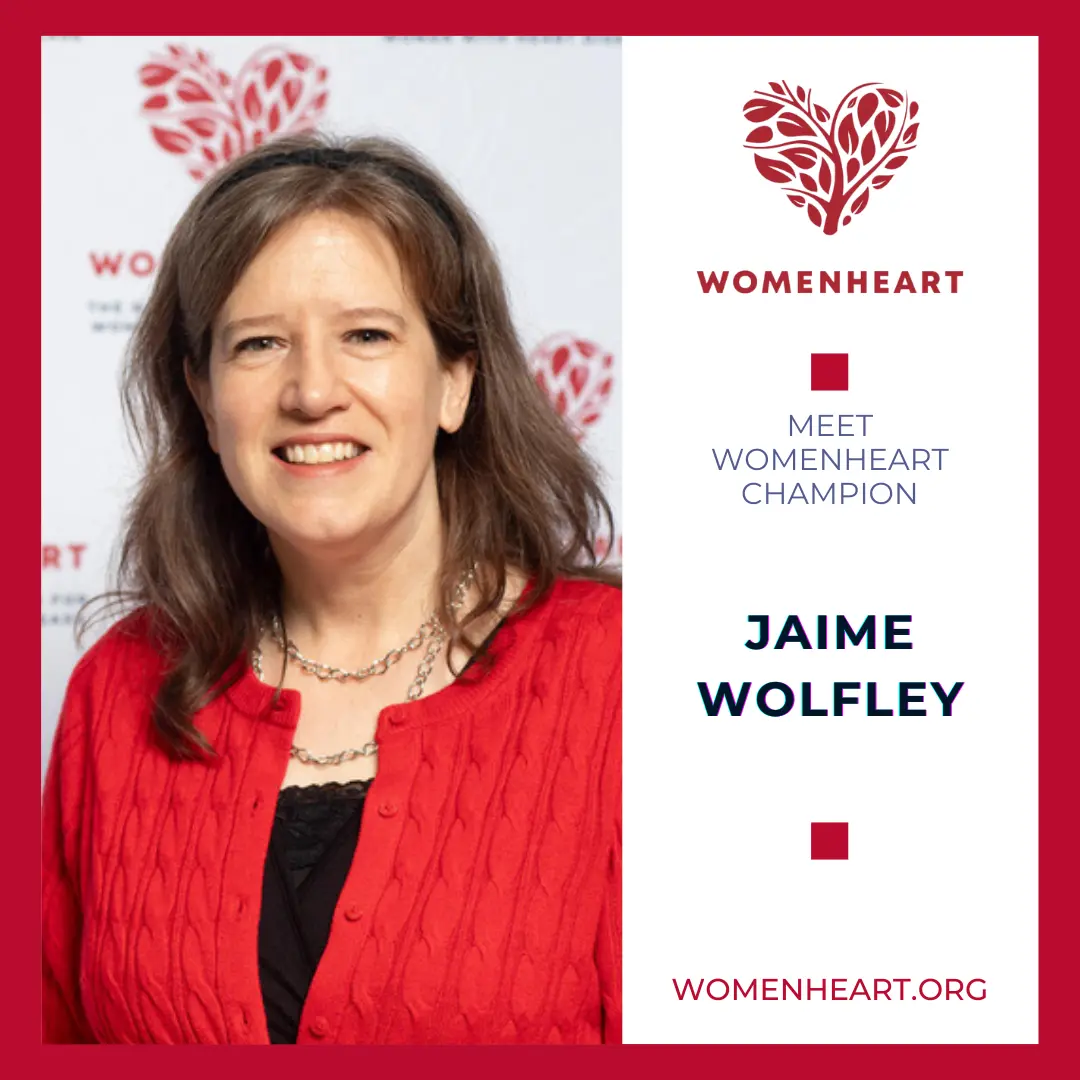Ask any WomenHeart Champion and they’ll tell you a story about a woman not being heard or taken seriously by their health care provider. Whether it’s their own experience, a story from someone in their support group, or they hear it from someone stopping by the WomenHeart booth at a health fair, Champions and others know the experience of women with heart disease having a missed or delayed diagnosis, receiving suboptimal treatment, or facing the repeated frustration of being told it’s just anxiety – or something to that effect – is all too common.
A blog posted by the Society to Improve Diagnosis in Medicine explored this topic, highlighting clearly what we at WomenHeart know so well to be true. Women with heart disease often present differently than men and may experience various heart conditions differently than men. Yet, much of the medical research that is used to inform our understanding of disease – and is used to teach medical providers about how to recognize and treat disease – was conducted exclusively on men. Or if women were included, differences between men and women that may have been revealed by the research were often omitted. As a result, women may be subject to substandard care because providers just don’t have the information about what’s best for them.
WomenHeart recently hosted a briefing on Capitol Hill to explore women’s inclusion in cardiovascular research. The good news is that inclusion rates are going up. The National Institutes of Health (NIH) and the Food and Drug Administration (FDA) are engaged in efforts to increase participation by women and people of color in medical research and clinical trials. The bad news is, there’s still a long way to go. For example, women are under-represented in research on heart failure and coronary heart disease. We need to continue our work to raise awareness of the importance of participation and work to build trust between researchers and patients so that women with heart disease can truly reap the benefits of being included.
You can read more about the gaps in knowledge and trust between providers and women patients, and the history behind that, in the SIDM blog. Also featured in the blog is WomenHeart Champion and former board member, Lyn Behnke.




